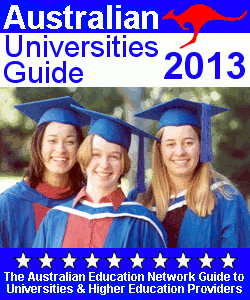International Student Requirements for a Work Permit
If you are planning to work and study in Canada, you may need a work permit.There are a variety of work opportunities available to international students. A work permit may be issued to an eligible international student for:
- Working off-campus
- Co-op and internship programs
Working Off-Campus
The Off-Campus Work Permit Program authorizes you to work up to 20 hours per week during regular academic sessions, and full time during scheduled breaks (for example, winter and summer holidays, and spring break).Co-op/Internships
The Co-op/Internship Work Permit Program is available to international students whose intended employment is an essential part of their program of study in Canada as certified by their Canadian academic institution. The work portion of this program can form up to 50% of the program of study.On-Campus Work Opportunities
International students who hold valid study permits and who are studying full time at eligible Canadian public and private universities or colleges may also be eligible to work on-campus at the institution where they study without a work permit.More Information on Work Opportunities for International Students
To find out more about work opportunities for international students, please refer to the following pages on the Citizenship and Immigration Canada website:• On Campus and Off Campus Work Permits for Students
• Participating Institutions Eligible for Off Campus Work Permits
For more information on the Post Graduation Work Permit Program, please visit Working after Graduation.







